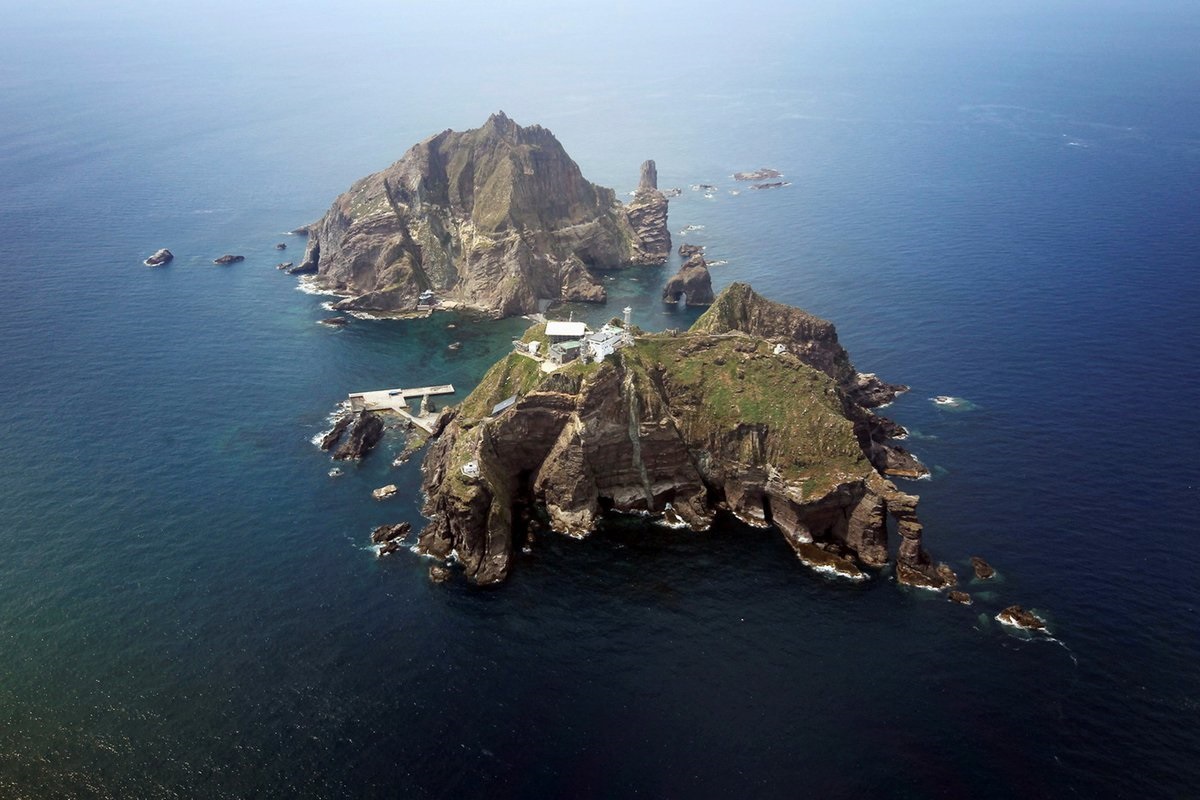South Korea has summoned Japan's defense attaché in Seoul to protest Tokyo's renewed territorial claims over the disputed Dokdo islets in its latest defense white paper. Seoul condemned the move as a provocative act undermining bilateral relations.
South Korea Summons Japanese Defense Attaché Over Renewed Dokdo Island Claims


South Korea Summons Japanese Defense Attaché Over Disputed Island Claims
Seoul, South Korea – July 26, 2025 – South Korea’s Ministry of Foreign Affairs has summoned a senior Japanese defense official in protest after Tokyo once again laid claim to the disputed Dokdo islets, escalating long-standing tensions between the two neighboring countries.
The move came after Japan’s annual defense white paper, released Friday, reiterated its territorial claim over the islets — known as Takeshima in Japan and Dokdo in South Korea — which have been administered by South Korea since the 1950s. The document's inclusion of Japan’s claim drew immediate condemnation from Seoul, which has consistently maintained that Dokdo is "clearly an integral part of Korean territory, historically, geographically, and under international law."
In response, the South Korean government summoned the defense attaché at the Japanese Embassy in Seoul on Saturday morning to formally lodge a protest. The official, whose name has not been disclosed, was called to the Foreign Ministry headquarters and received a strong rebuke from senior South Korean diplomats.
“This is an unacceptable and deeply regrettable provocation,” said South Korea’s Foreign Ministry in a statement. “The Japanese government must immediately withdraw its unjust territorial claims over Dokdo.”
South Korean officials emphasized that any attempt by Japan to dispute South Korea’s sovereignty over the islets undermines bilateral relations and regional cooperation at a time when both countries are working alongside the United States to address broader security issues in East Asia, including tensions surrounding North Korea and regional military buildups.
The Dokdo/Takeshima dispute is one of the most emotionally charged issues in Korea-Japan relations, symbolizing unresolved historical grievances stemming from Japan’s colonial rule over Korea in the early 20th century. Public reaction in South Korea to Japan’s claims is typically swift and passionate, often prompting demonstrations and demands for diplomatic action.
On Saturday afternoon, a small group of demonstrators gathered in central Seoul carrying banners reading “Dokdo is Ours” and calling on the South Korean government to take a firmer stance against what they described as “repeated Japanese provocations.”
South Korea currently maintains a small police detachment on the islets, which lie in the Sea of Japan (called the East Sea by Koreans). Though uninhabited except for a few government personnel, the rocky outcrops hold symbolic national significance and are also surrounded by rich fishing grounds and potentially valuable underwater resources.
This latest diplomatic spat comes at a sensitive time in bilateral relations. While ties have improved slightly in recent years due to shared strategic concerns and cooperation on economic and security issues, historical and territorial disputes remain major flashpoints.
Japan has yet to officially respond to the summons or South Korea’s protest. However, Japanese officials have in the past maintained that their claims are legitimate and rooted in historical documentation.
Analysts say that while a military confrontation is highly unlikely, such disputes risk derailing broader diplomatic efforts and damaging public perceptions on both sides.
“Symbolism matters in diplomacy,” said Professor Han Ji-woo, a political science expert at Seoul National University. “These issues may seem symbolic to outsiders, but they have real impacts on how citizens view each other and how policies are shaped.”
This story is developing and may be updated as more information becomes available.

 বাংলা
বাংলা  Spanish
Spanish  Arabic
Arabic  French
French  Chinese
Chinese 







